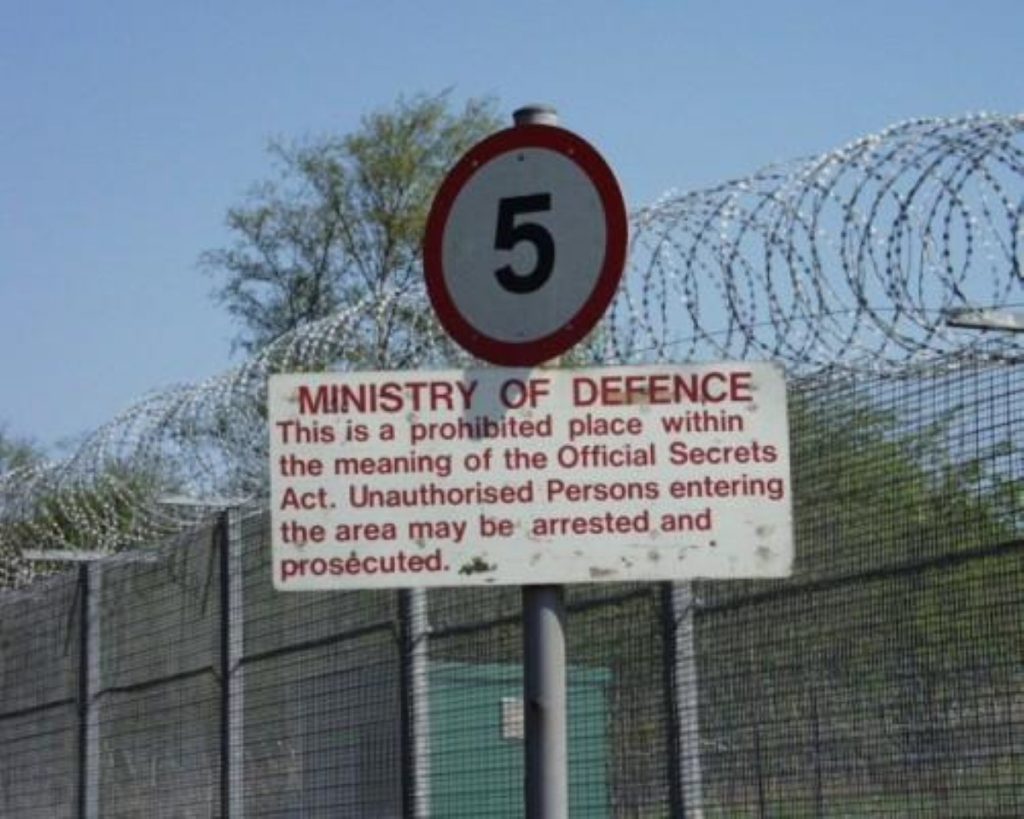Intelligence committee highlights UK vulnerability
The Intelligence and Security Committee has highlighted a number of areas of vulnerability in the UK’s security infrastructure.
Today it published its annual report for 2003-04, having taken evidence from a wide range of sources, including ministers and the heads of security services.
Although the report is publicly available, certain sections and figures are blanked out on the grounds of national security.
Key figures omitted include the level of funding received by the security services and agencies.


Committee chairman Ann Taylor noted the period had been an “extremely difficult one for the whole of the UK’s intelligence community” but said there had been successes, such as Libya’s decision to abandon weapons of mass destruction.
This is viewed as a “major intelligence success” because the detailed evidence gathered “enabled the UK and USA to demonstrate to the Libyan authorities that they knew about their WMD programmes. Consequently, when the inspectors went to Libya the Libyan authorities, while they tried, were not able to hide their programmes and full disclosure was eventually achieved.”
However concern is expressed that because of the emphasis placed on countering terrorist activities other counter-espionage work is not being carried out to the full.
The committee concludes that, prior to the East African Embassy bombings in 1998 and 9/11, both the UK and allied countries “under-estimated the capability and growth of these international terrorists”.
After the attacks, the effort and resources available to fight serious crime fell. In addition counter espionage work, specifically against Russia and China has declined, so that “significant risks are inevitably being taken in the area of counter-espionage.”
It also warns that an identified threat to national security from the importation of firearms, drugs and other dangerous goods into the UK by post has not been addressed and is a “potential vulnerability.”
Sharpest criticism is reserved for the Government’s response to the committee’s report into the intelligence surrounding Iraqi weapons of mass destruction. It is “not satisfied” with the response, saying: “It emphasised only four key conclusions while either rejecting or failing to address fully many of our other conclusions and recommendations.
“We regard this as extremely unsatisfactory and we recommend that the Government explicitly address each of our recommendations and conclusions in future responses. Our dissatisfaction was increased by the Government’s decision to allow such little time for parliamentary debate on two such significant reports.”
Turning to other elements of the “War on Terror” the committee noted that UK intelligence operatives have been granted access to interview a number of terrorist suspects, held primarily by the USA in Afghanistan, Iraq and Guantanamo Bay. The committee said that it will be investigating the “usefulness of intelligence gained from the interviewing of detainees by UK intelligence personnel and the treatment of the detainees by these personnel.”
Evidence given by the Prime Minister to the committee revealed that with one exception the detainees had been treated according to the Geneva Convention in front of UK operatives, though other detainees have complained of ill treatment during their detention.
Any UK concerns about the treatment have been passed on to the US authorities, according to Tony Blair.












